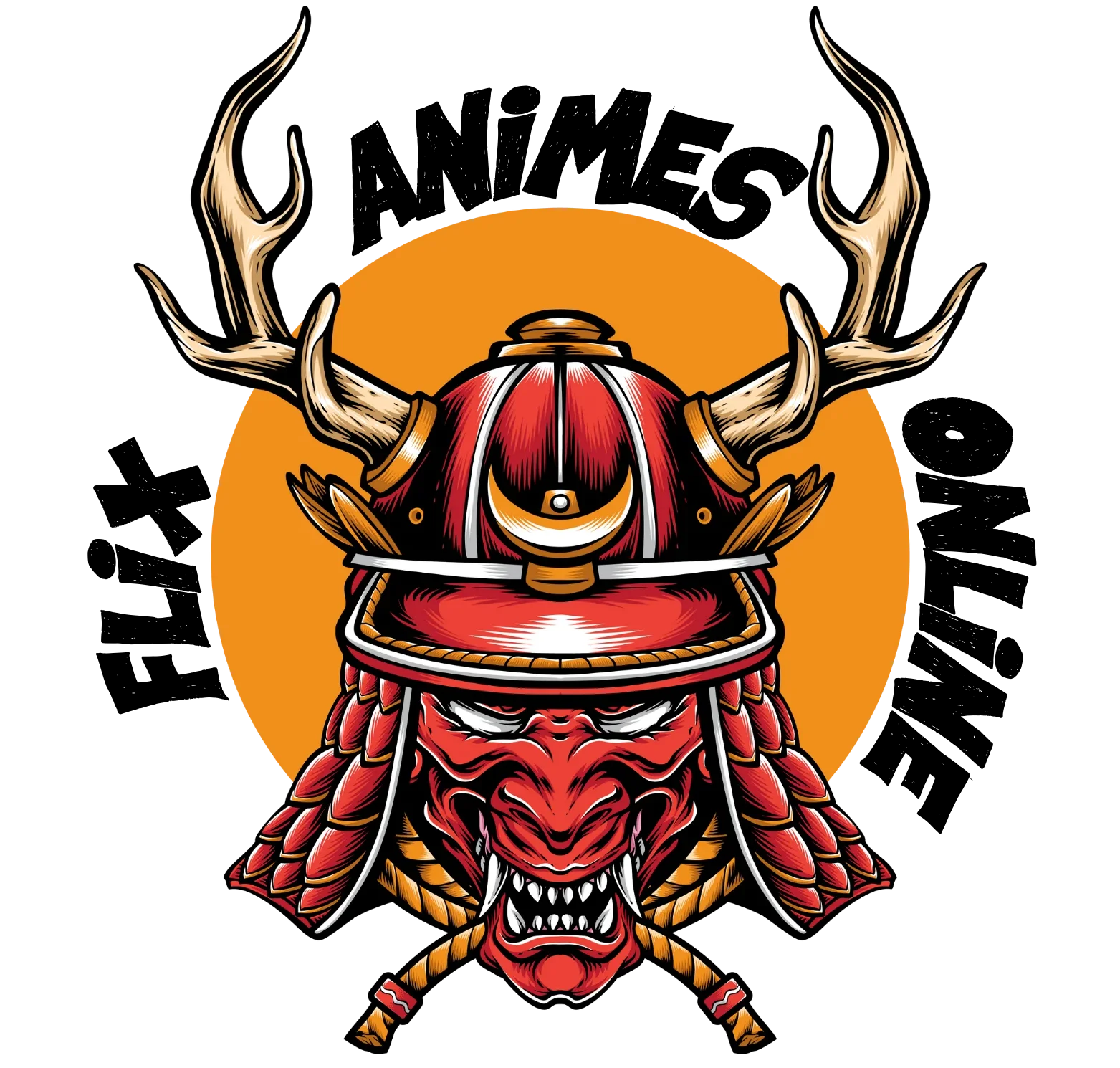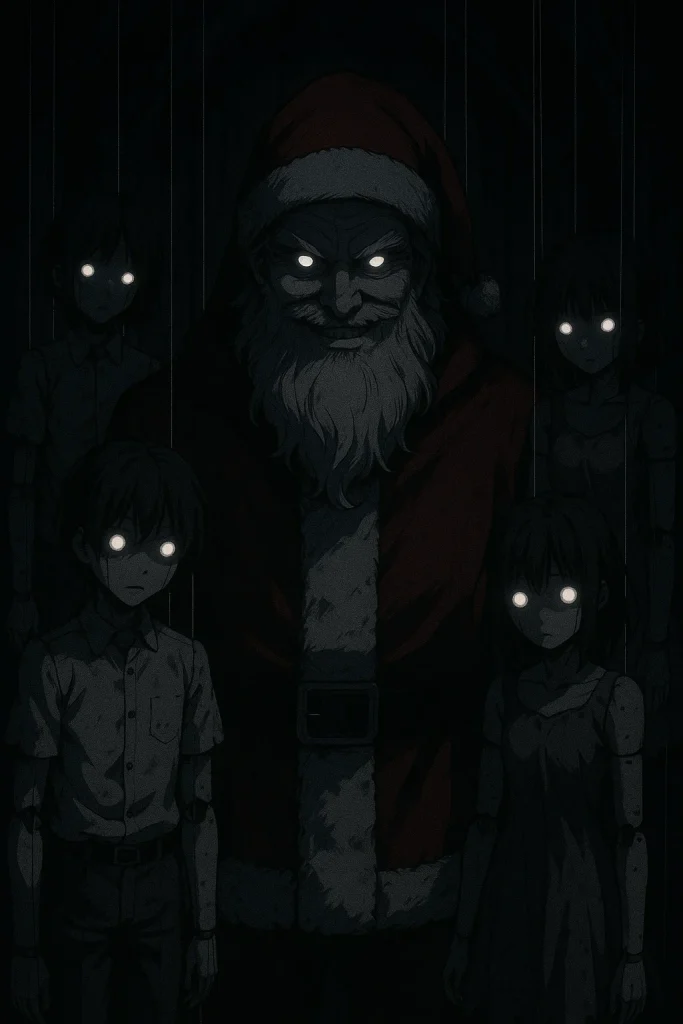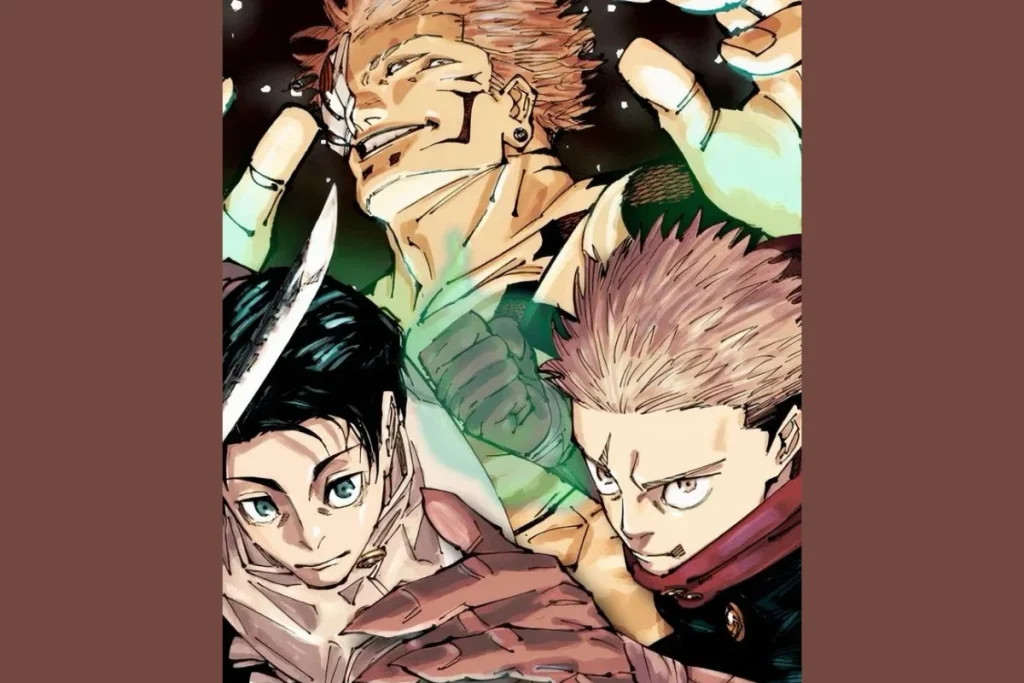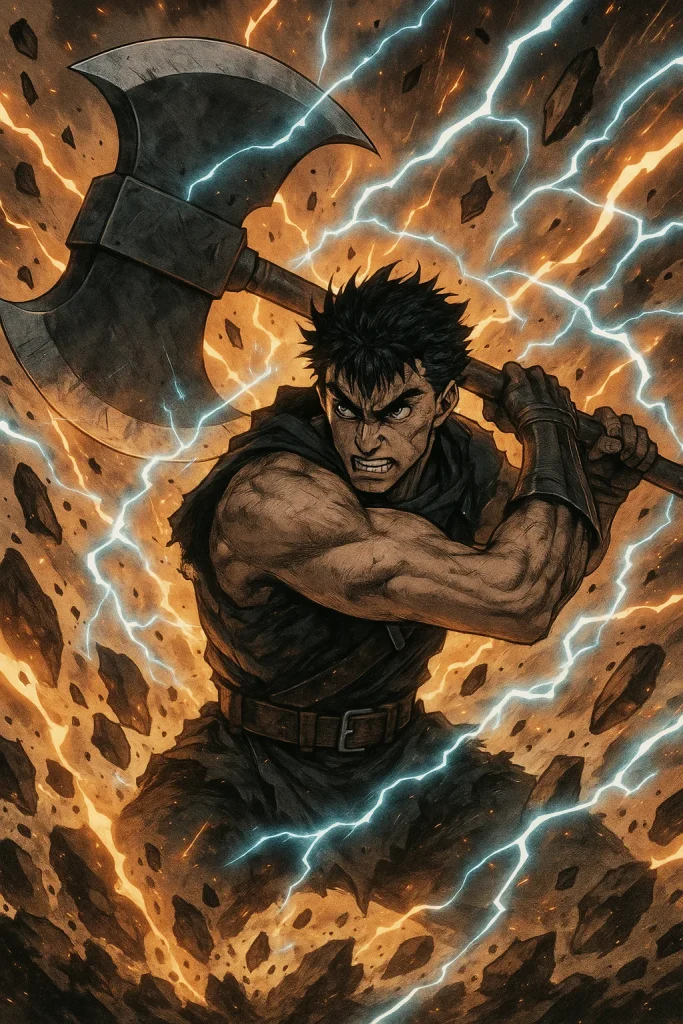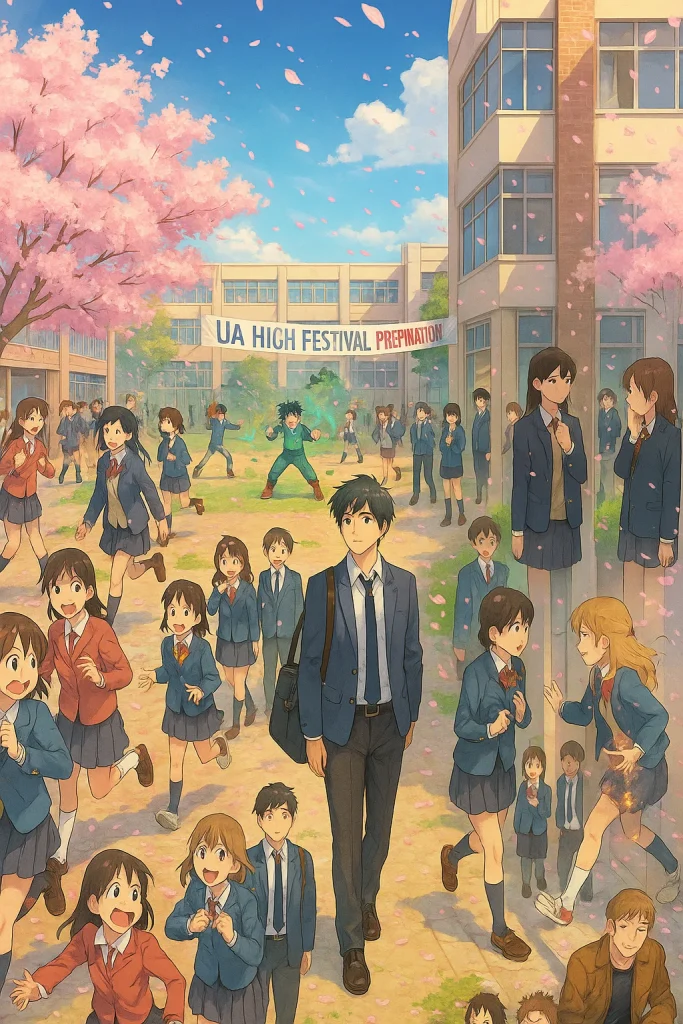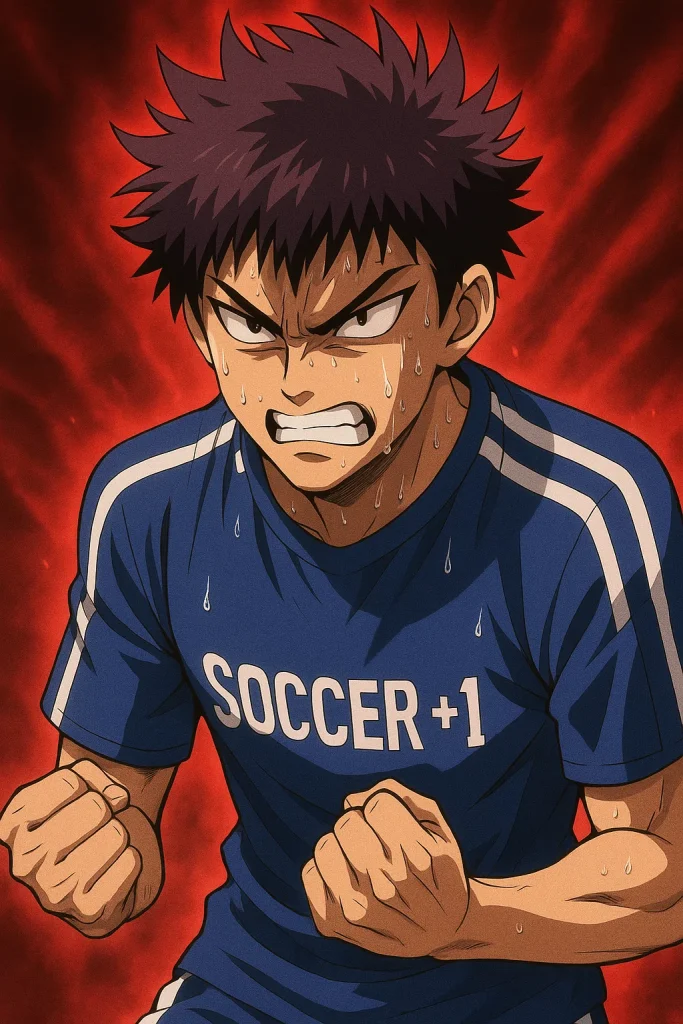Manga Tropes That Need to Go Away
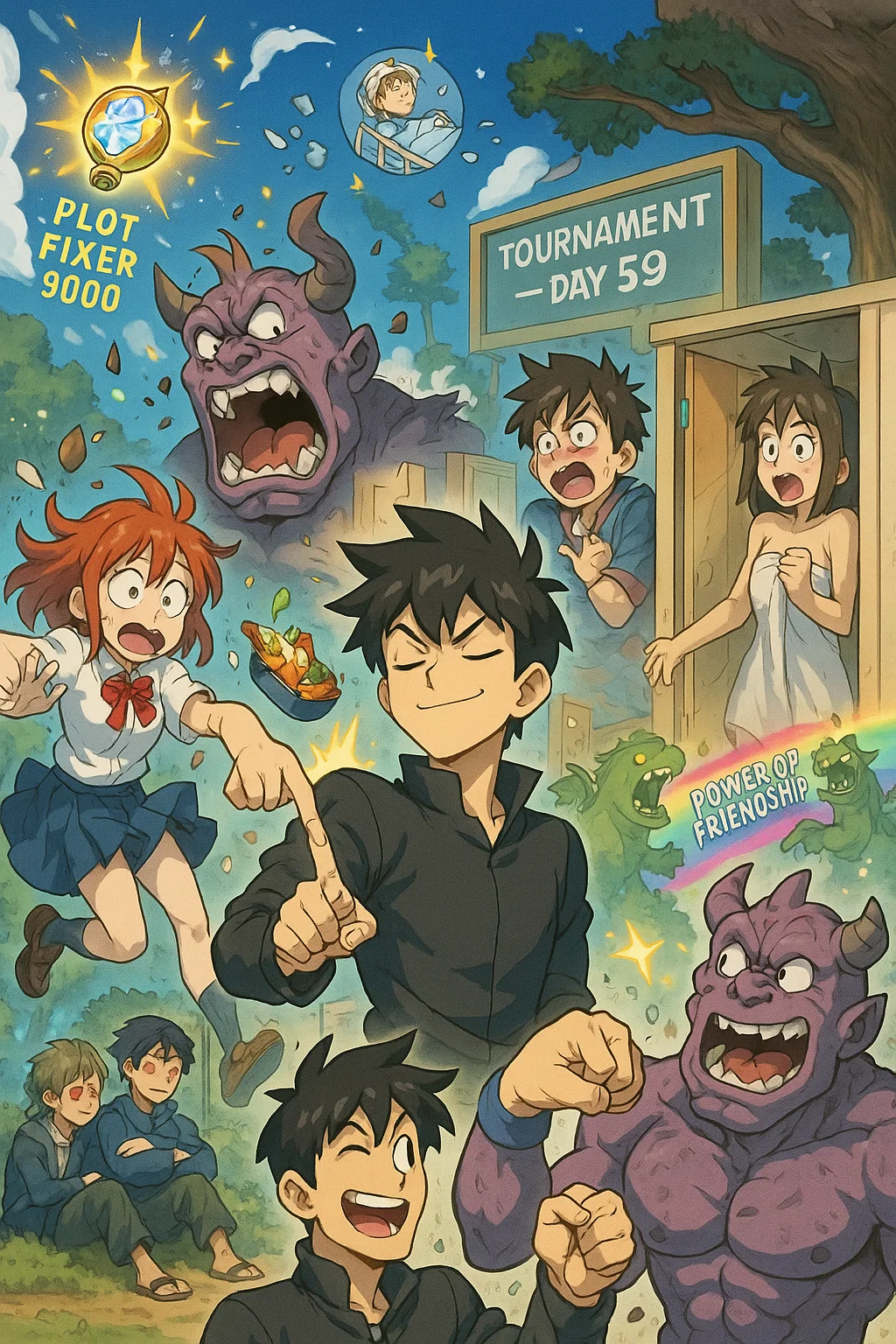
Introduction
Manga as a medium offers incredible storytelling diversity—from mind-bending time travel to heartfelt romance. However, there are certain manga tropes that keep popping up across genres, making some series feel repetitive or outdated. While some tropes can be fun or nostalgic, others have outlived their charm and hold back creativity.

Overpowered Main Characters (OP MCs)
From shonen to isekai, the trope of the ultra-powerful protagonist who defeats enemies with little effort has become stale. While wish fulfillment is part of manga’s charm, it often kills tension and character growth when there’s no real challenge.
Why It Needs to Go:
Reduces storytelling stakes and makes side characters irrelevant.
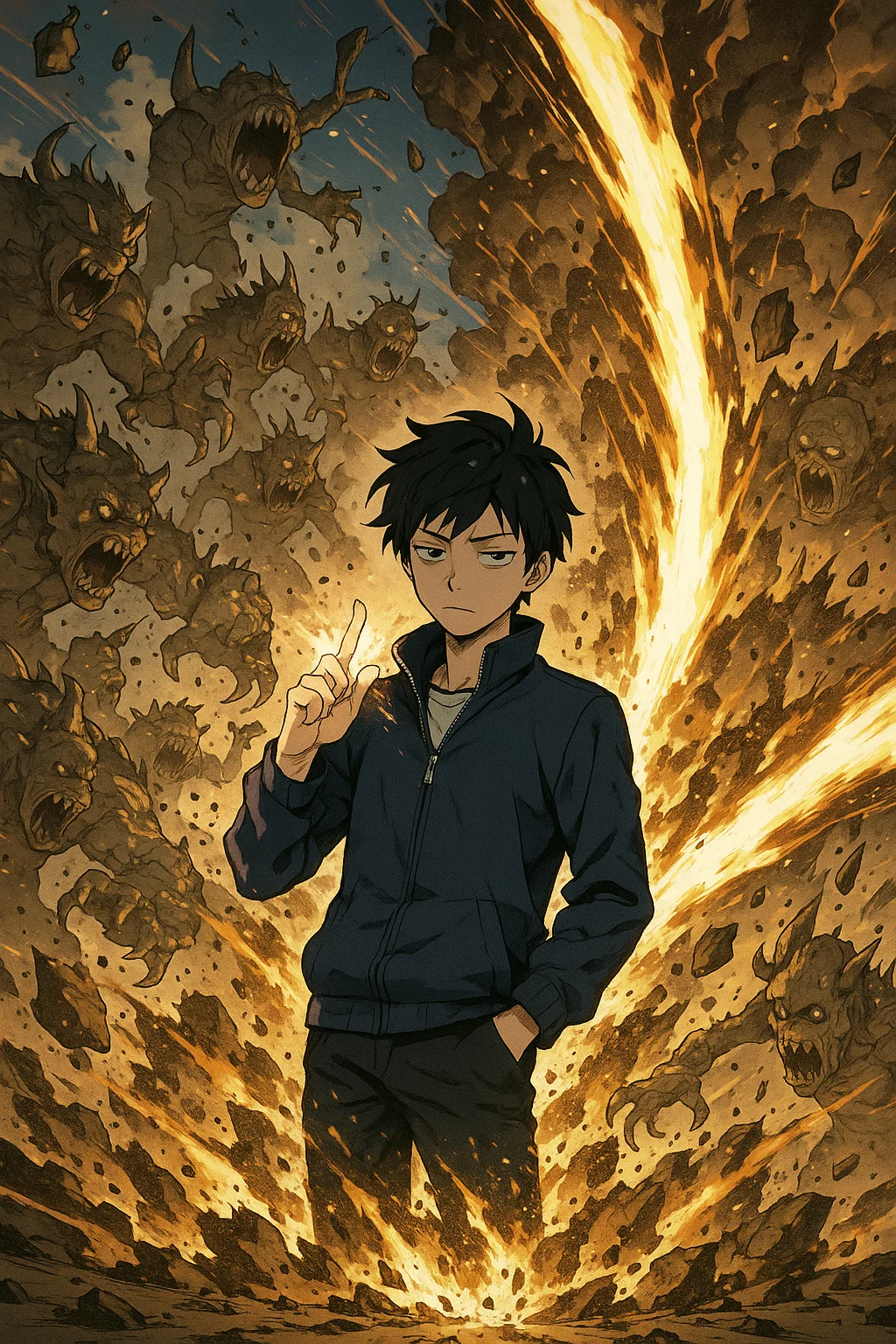
The Clumsy Girl as Comic Relief
This classic manga trope shows up in countless rom-coms: a beautiful girl who’s constantly falling, tripping, or spilling things. It’s often used to make her appear cute or “relatable,” but it rarely adds real depth.
Why It Needs to Go:
Perpetuates shallow characterization and outdated gender stereotypes.
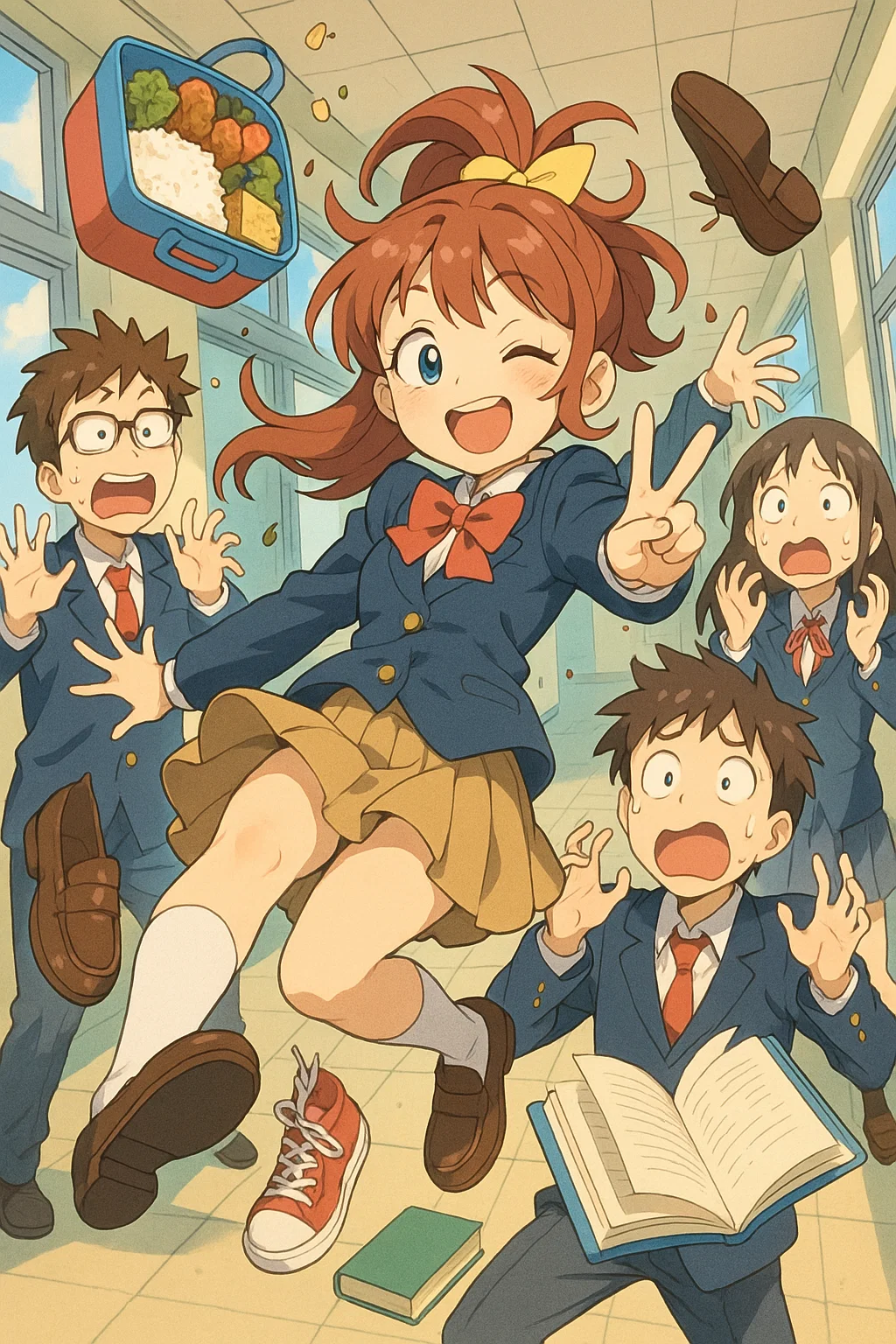
“Accidental” Pervert Situations
You’ve seen it: the male protagonist falls and lands in a compromising position on a female character. These scenes are meant to be comedic but are often uncomfortable and overused.
Why It Needs to Go:
Overdone and often cringeworthy, especially in modern storytelling.
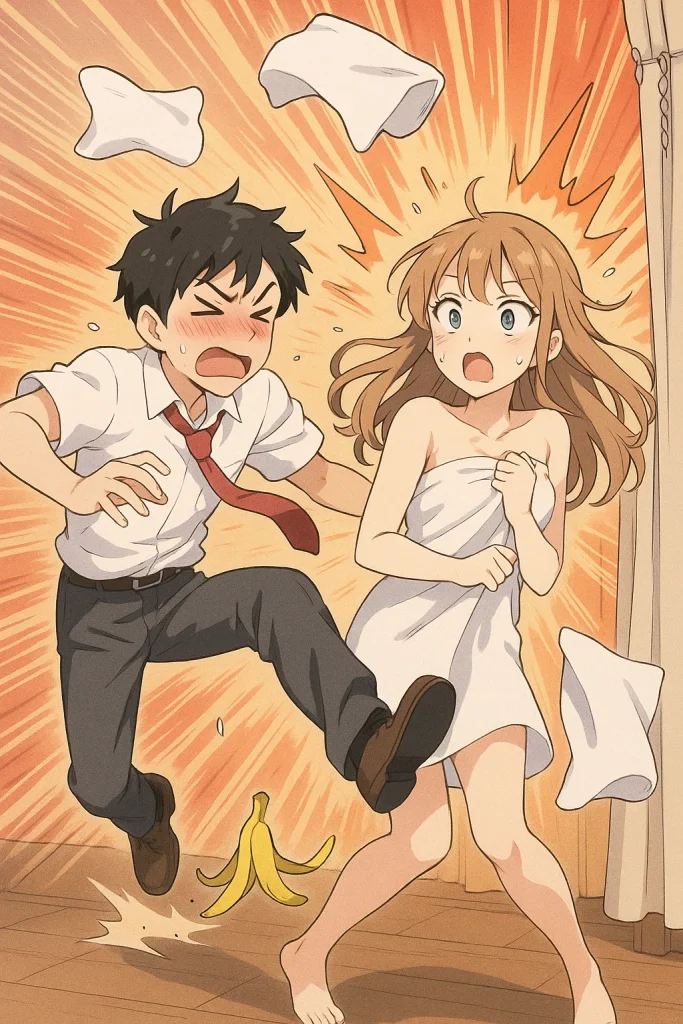
Villains Turned Friends Instantly
This manga trope is especially common in shonen series. After a big battle, a major villain suddenly becomes best friends with the hero. While redemption arcs can work, they often feel rushed and unearned.
Why It Needs to Go:
Undermines the emotional weight of conflict and resolution.
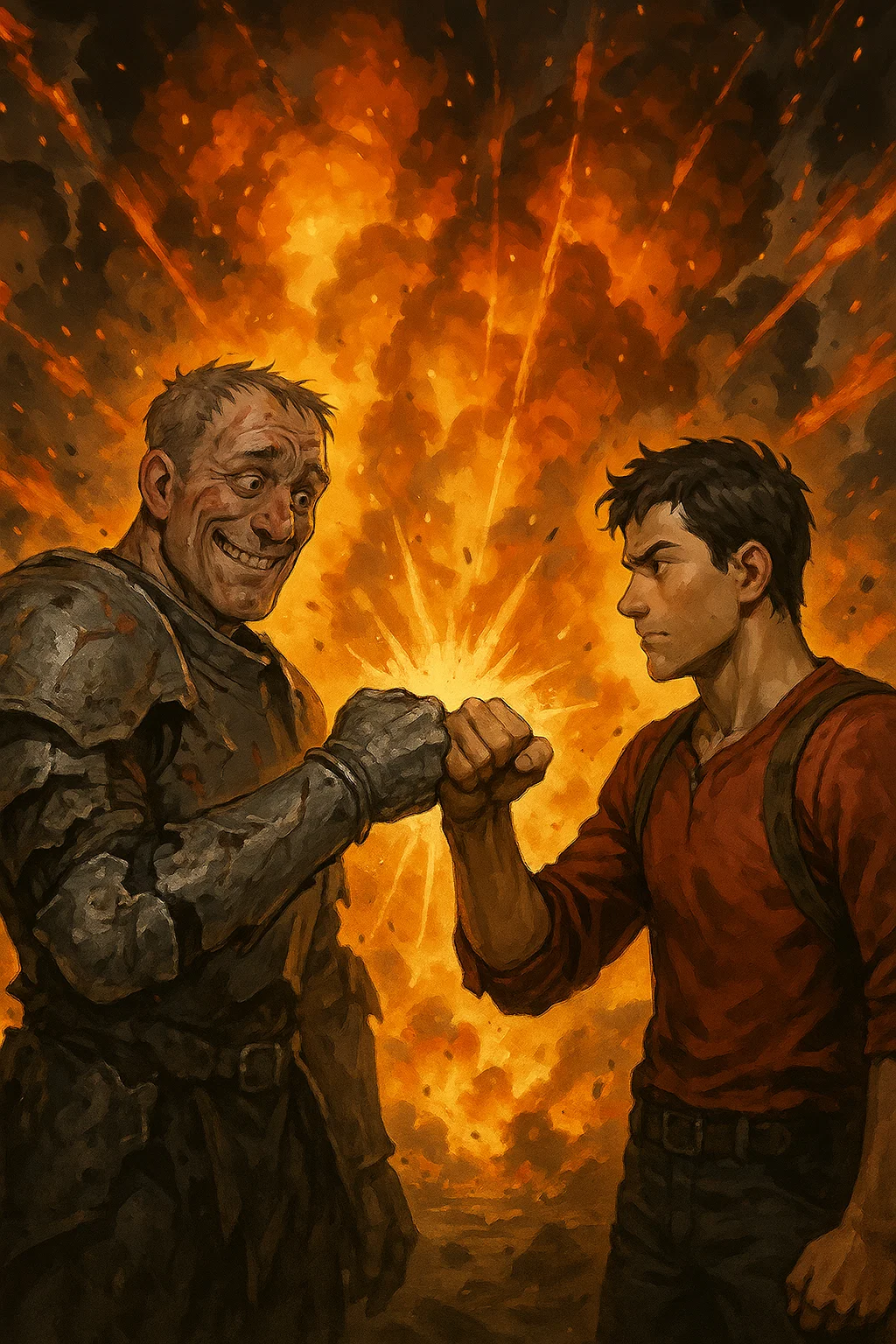
The Power of Friendship Solves Everything
While themes of unity and teamwork are great, relying on “nakama power” to overcome impossibly strong foes without any logical setup weakens the story.
Why It Needs to Go:
Feels like a lazy narrative shortcut, especially in battle-centric manga.
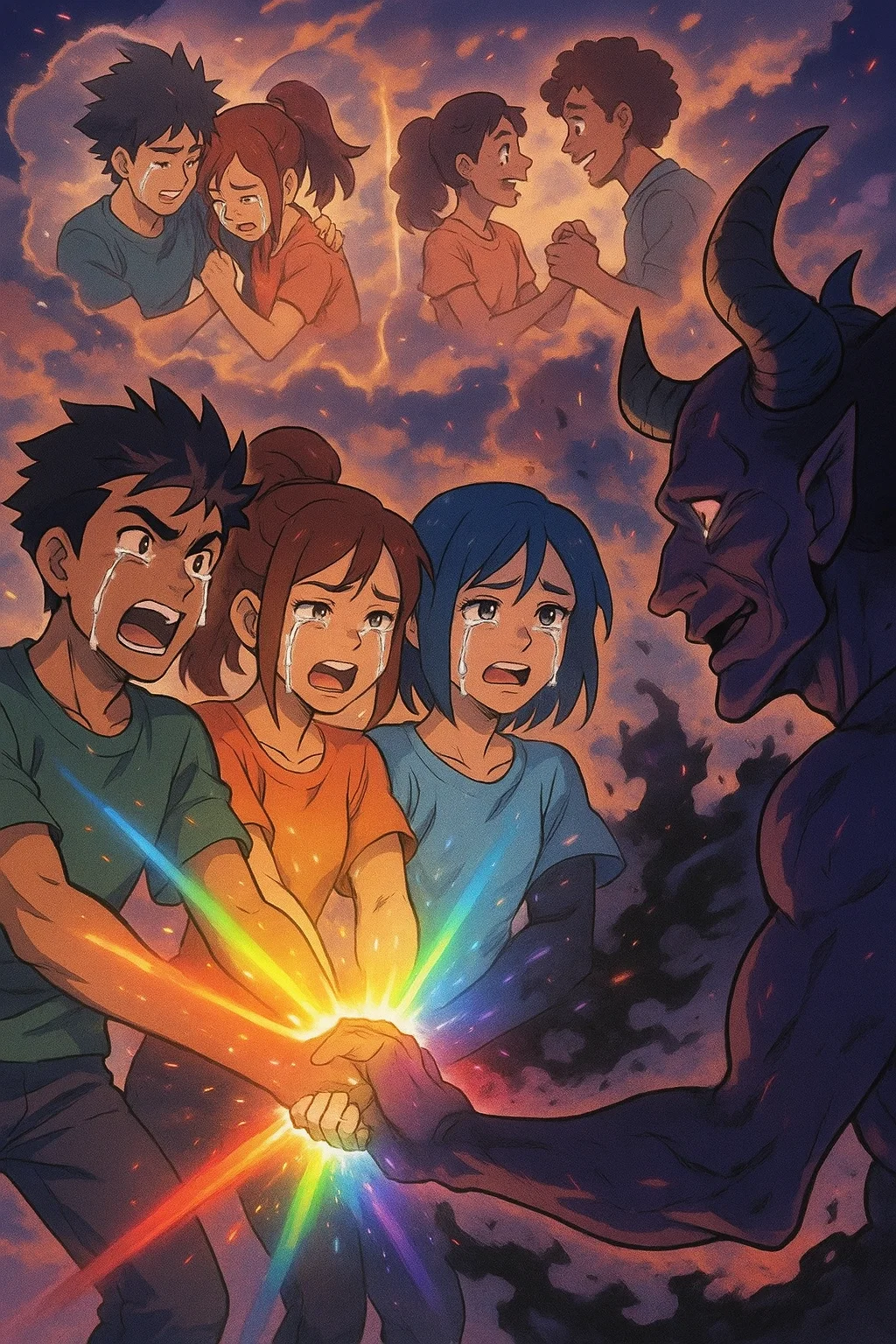
Love Triangles That Go Nowhere
Romance manga, particularly shoujo, often includes love triangles where one character clearly stands no chance. These setups create unnecessary drama and drag the story without adding value.
Why It Needs to Go:
Wastes narrative time and frustrates readers with predictable outcomes.
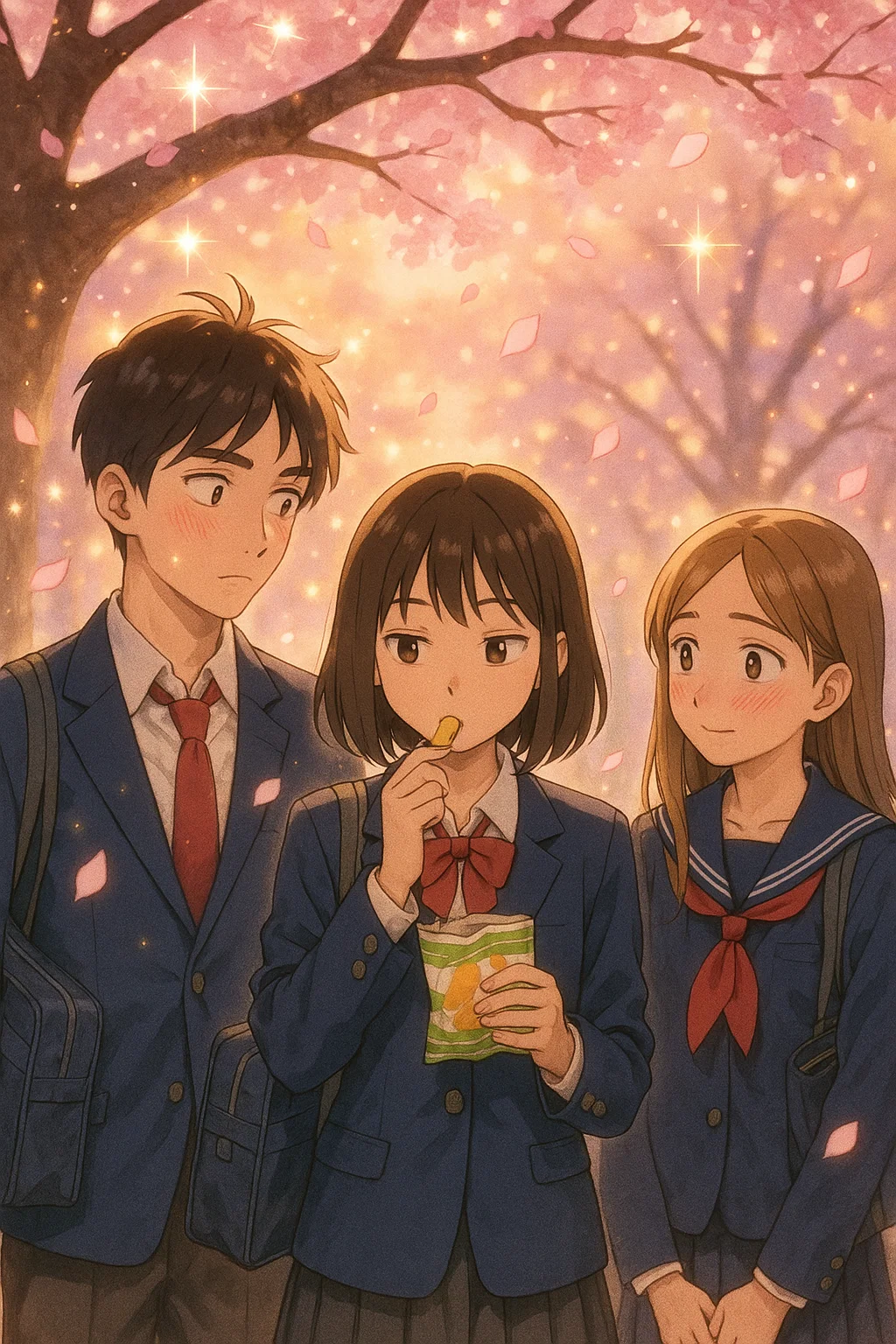
The Useless Adult Characters
In many manga, adults—especially parents or teachers—are completely absent or hopelessly incompetent. While this gives young characters more freedom, it often feels unrealistic and repetitive.
Why It Needs to Go:
Prevents richer world-building and mature conflict resolution.
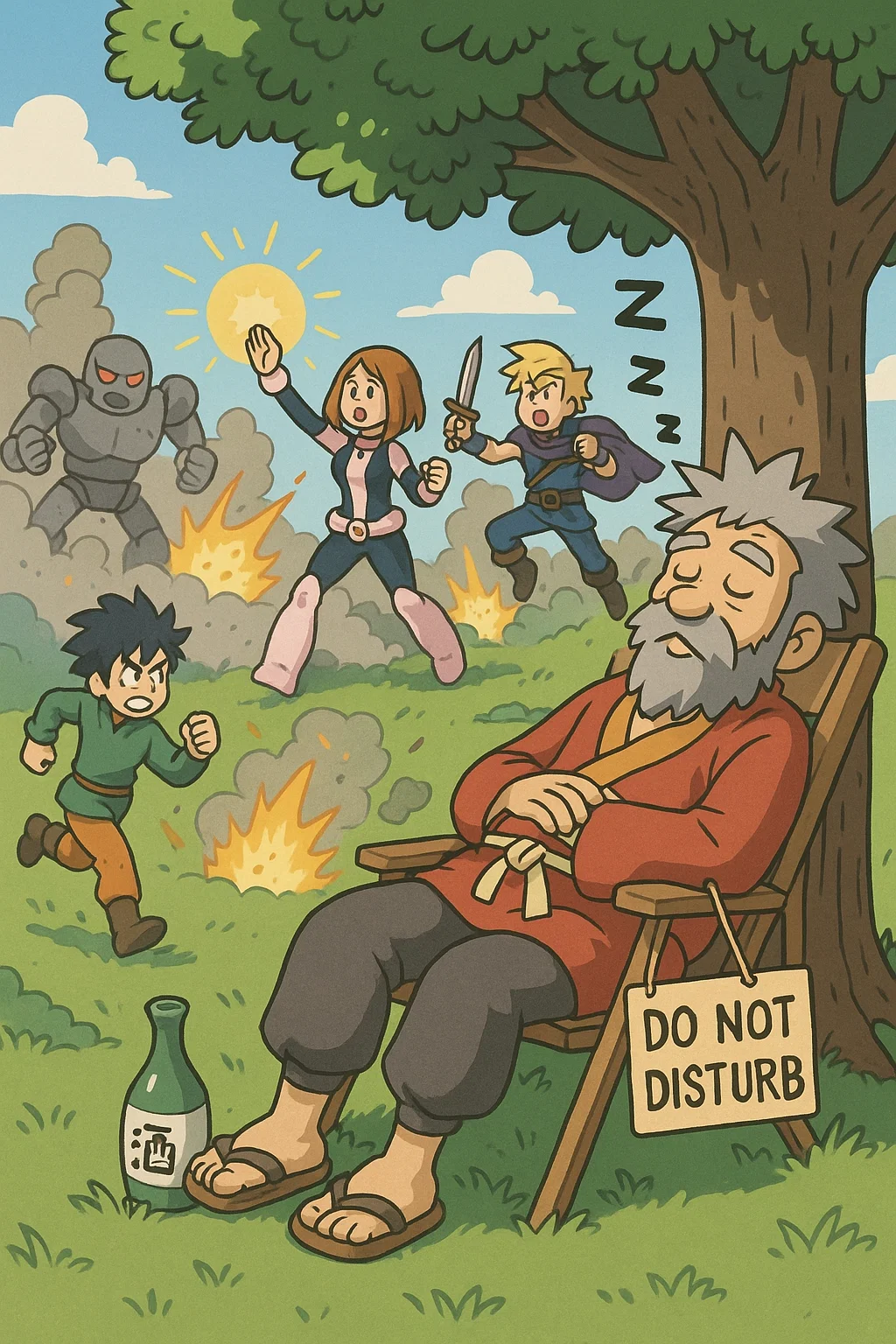
Long, Drawn-Out Tournament Arcs
While tournament arcs can be exciting, some manga overextend them with endless battles, filler fights, and delayed stakes. What begins as hype turns into fatigue.
Why It Needs to Go:
Kills pacing and can lead to reader burnout.
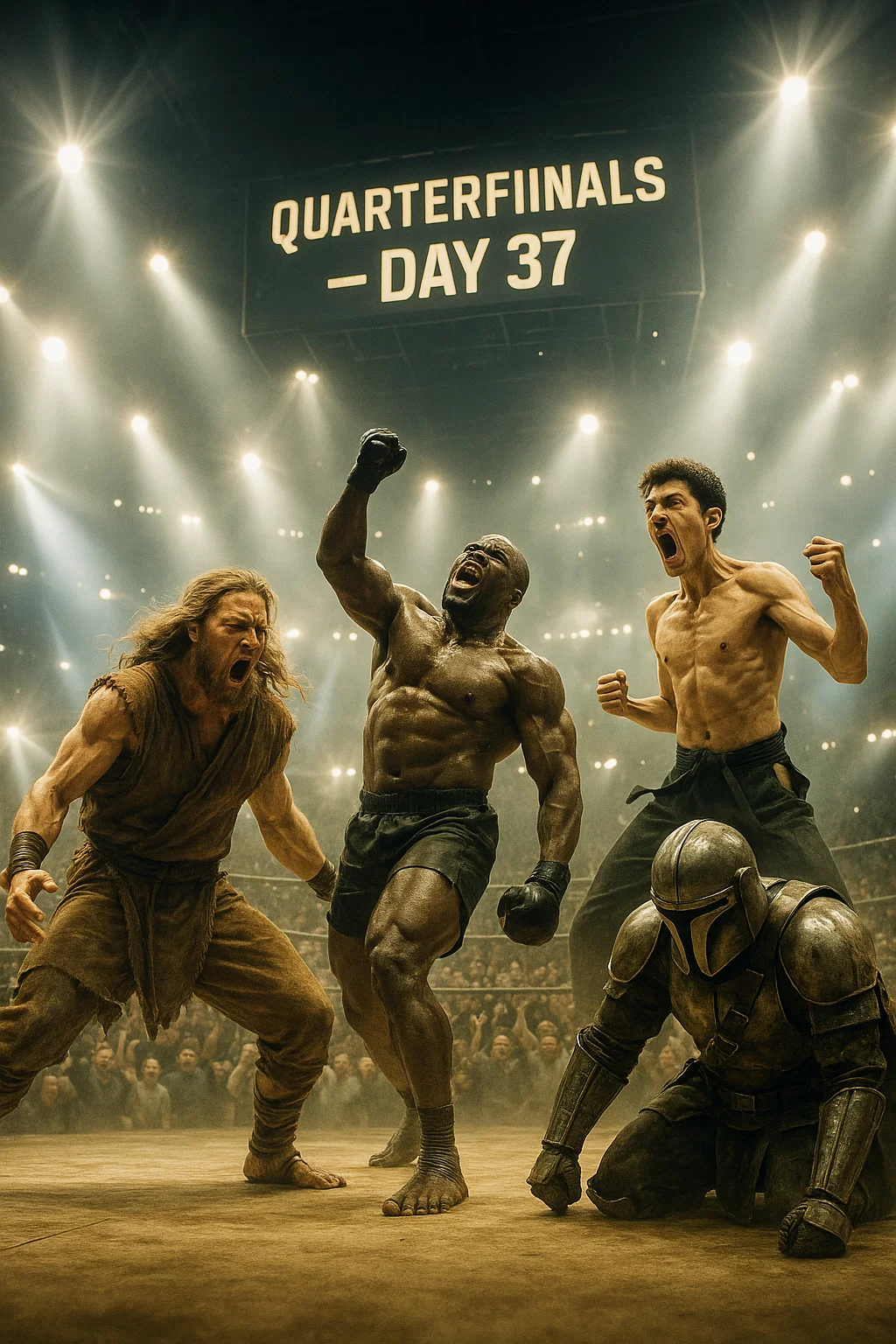
Amnesia as a Plot Device
Amnesia is often used in manga tropes to create mystery or drama. However, it’s become a lazy fallback when writers don’t know how to move the plot forward or deepen characters.
Why It Needs to Go:
Overused and rarely used in a fresh or meaningful way.
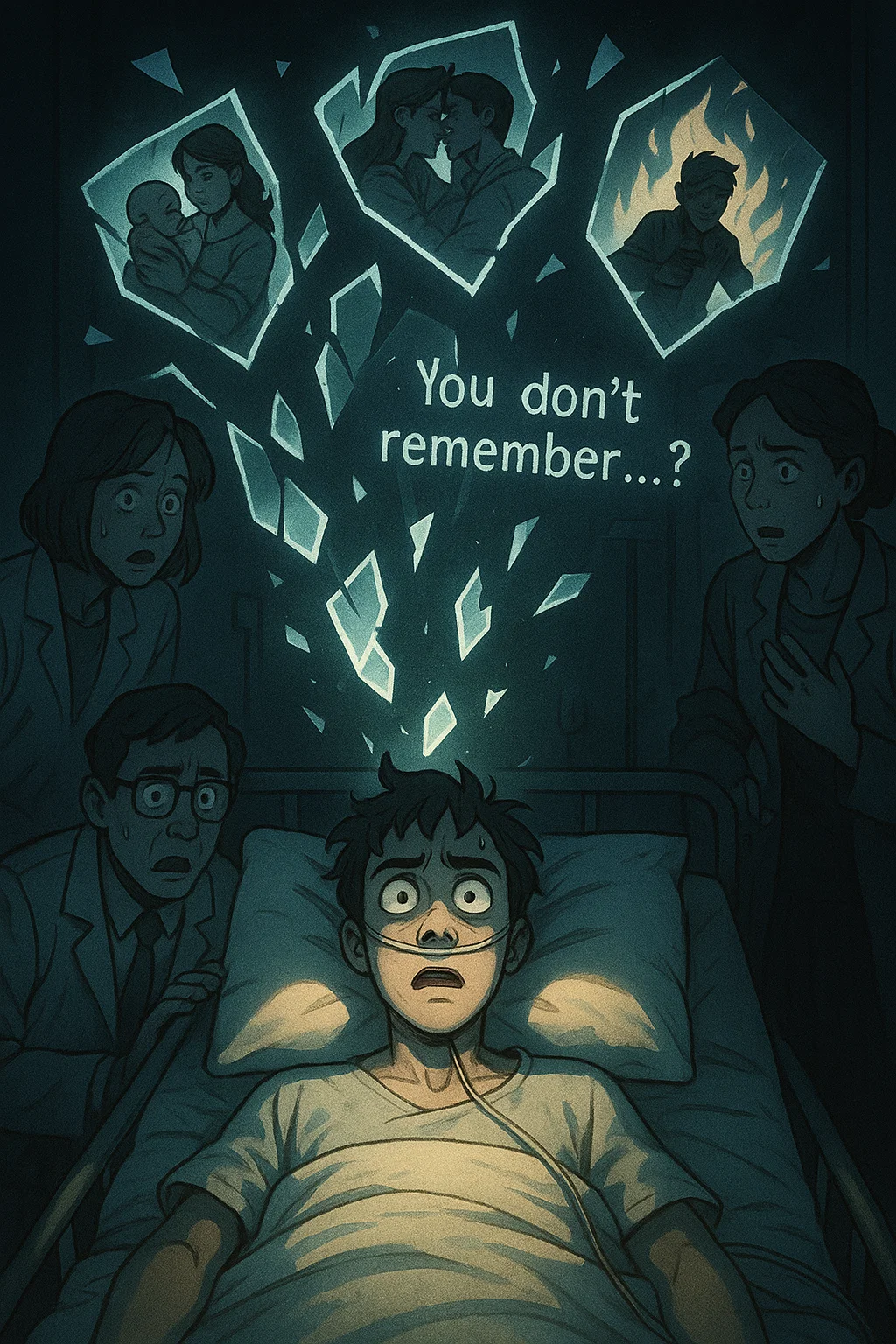
Magical Fix-It-All Items
A sudden magical item or power that conveniently resolves a major issue without proper foreshadowing can break immersion. It’s the manga version of “deus ex machina.”
Why It Needs to Go:
Destroys plot credibility and disappoints invested readers.
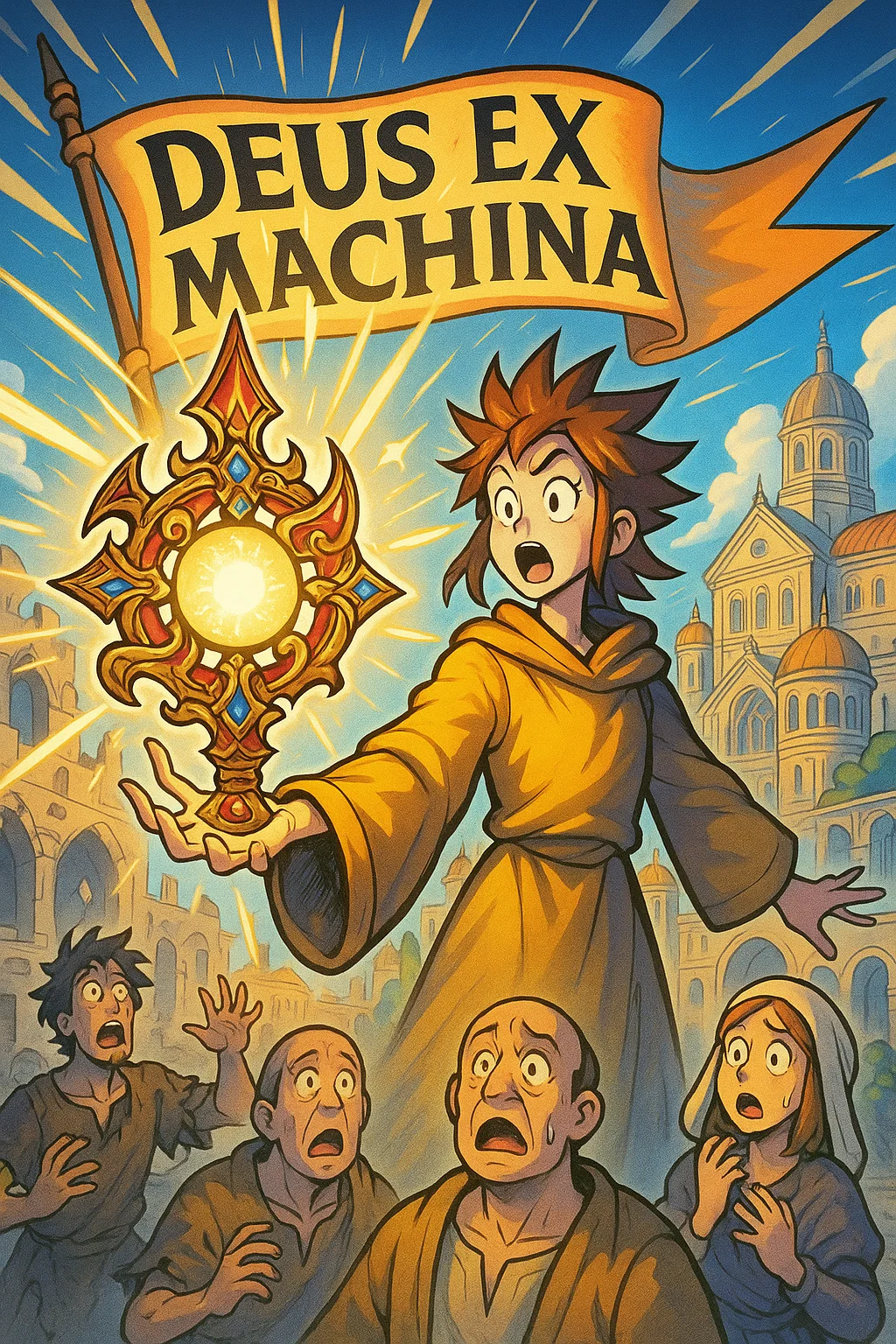
Final Thoughts
While some manga tropes have stood the test of time, others are ready to retire. Removing outdated or lazy storytelling devices opens the door for fresh, engaging narratives that resonate with today’s readers. Creators who take risks and innovate beyond traditional formulas will shape the future of manga.
